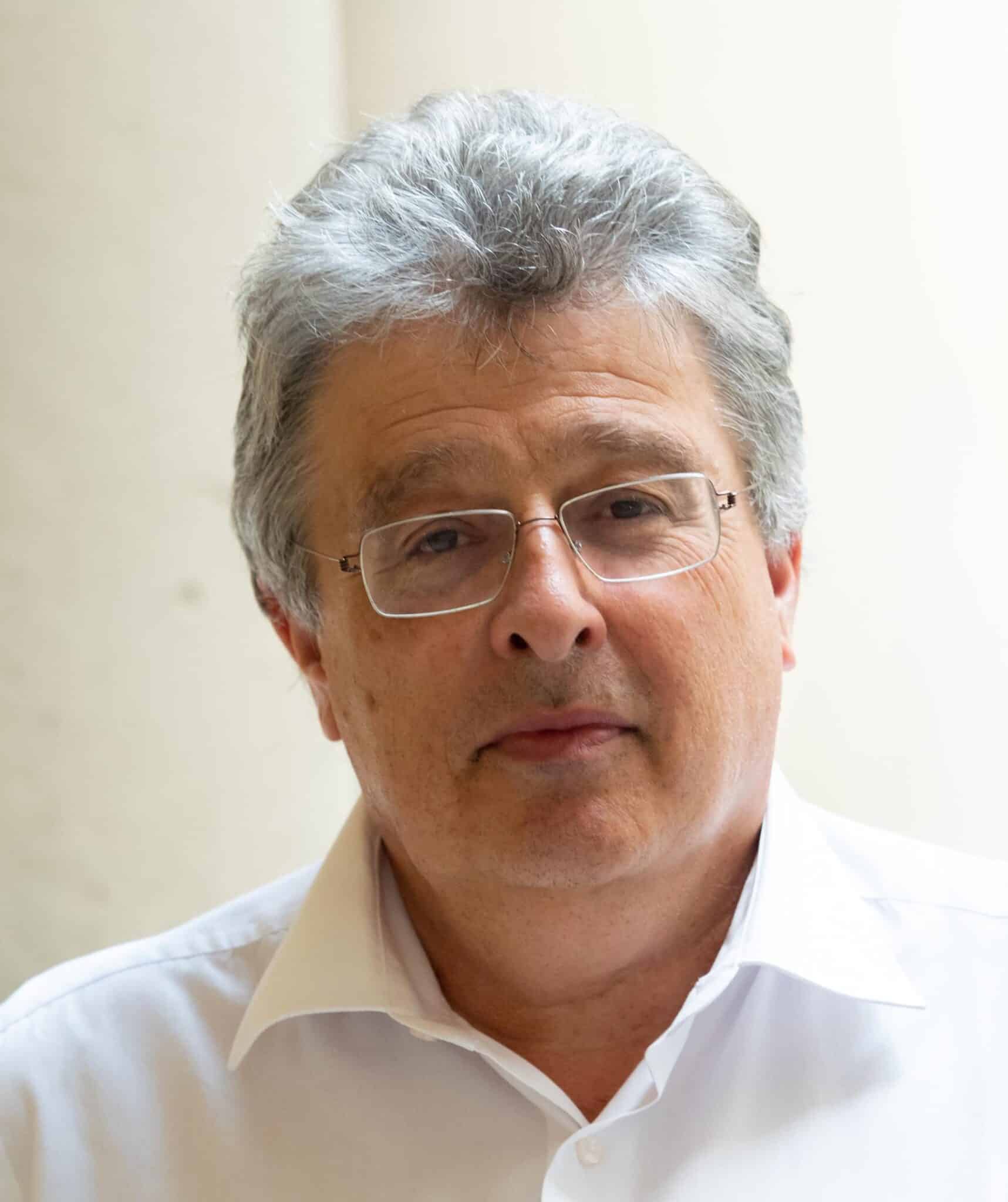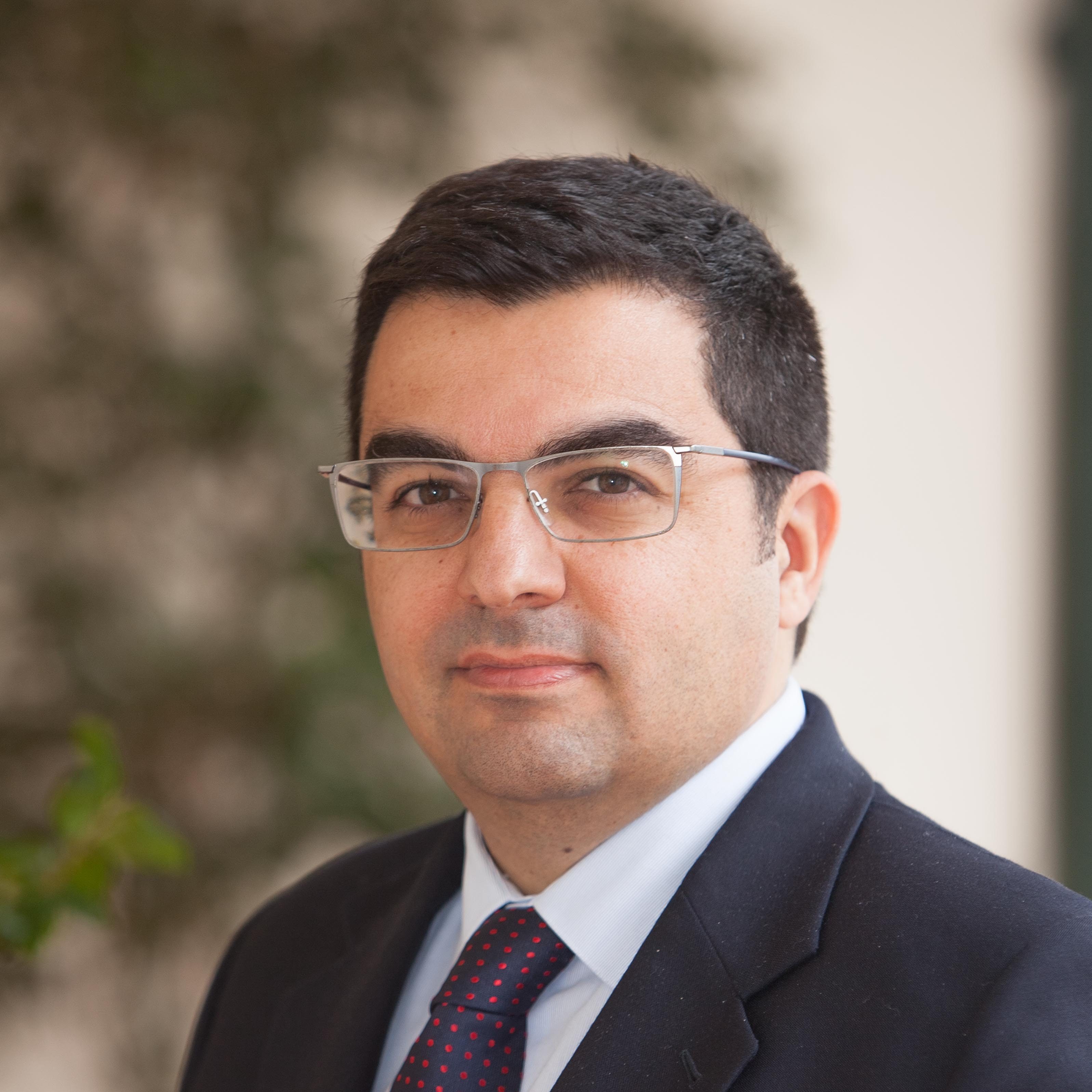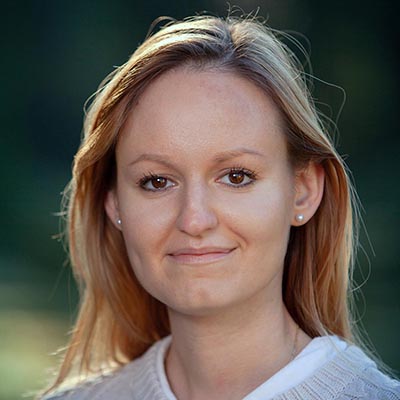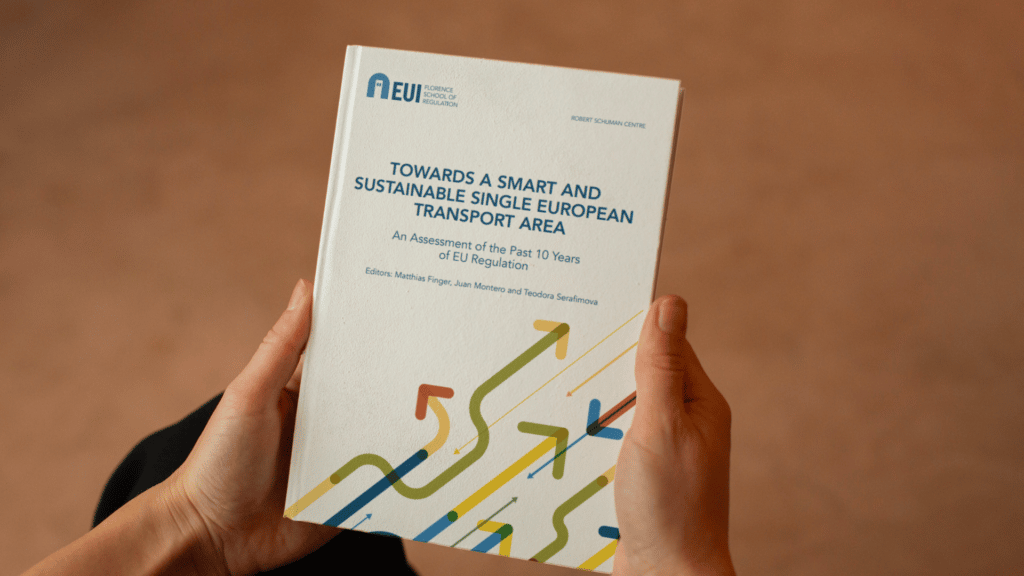Towards a Smart and Sustainable Single European Transport Area: An Assessment of the Past 10 Years of EU Regulation
For more than a decade, hundreds of experts have gathered at the hills overlooking Florence to analyse the evolution of European transport policy and regulation at the call of the Florence School of Regulation. This book reflects the discussions in Florence, and more broadly, it documents the evolution of transport regulation in the European Union.
For more than a decade, hundreds of experts have gathered at the hills overlooking Florence to analyse the evolution of European transport policy and regulation at the call of the Florence School of Regulation. This book reflects the discussions in Florence, and more broadly, it documents the evolution of transport regulation in the European Union.
The Florence School of Regulation was created in 2004 as part of the European University Institute’s (EUI) effort to reinforce the applied sciences and to make academic research even more useful for the Member States and EU institutions. It started with energy regulation later on expanding to telecommunications and media (2009), and in 2010 Professor Matthias Finger founded the transport area.
The Florence School of Regulation, and in particular the Transport Area, aims to connect academic researchers, transport companies and public officials at the EU as well as at the national and even local levels. In our different activities (academic conferences, forums, seminars, etc.), we host practically oriented academics and academically oriented practitioners.
The Florence Forums are the most valuable of our activities. For each forum, we invite to Florence a small and heterogeneous group of experts from companies, academia, and government/regulators. In doing so, we make sure that all the various positions and interests are well represented. We use a methodology created and refined over the years by Prof. Finger, which consists of a series of short presentations followed by roundtable discussions under Chatham House rules. The result is a constructive discussion, which makes it possible to advance the policy definition process. This is what many of our participants have called the “Florence magic”.
The European Commission has played a very fundamental role in the success of the Florence Forums. Many of them are co-organised by the Florence School of Regulation and the European Commission around the legislative agenda of the Commission. Commission officials come to Florence, and they actively participate in the discussions, thanks to the continuous support provided by the Director-General of DG MOVE, Henrik Hololei.
As I look back at what has been done, I could not miss the opportunity to thank the Florence School of Regulation (FSR) Transport for being a much appreciated, trusted and constructive partner of DG MOVE throughout this process, particularly in helping to facilitate consensus among stakeholders. FSR Transport contributed decisively to shaping the direction of EU transport policy and regulation.
Over the years, we have hosted more than 50 Florence Forums. We had more than 20 rail forums, 18 air forums, forums on maritime and road regulation, and increasingly, intermodal forums. A wide range of topics has been discussed. Whereas initially, liberalisation and the creation of the single European transport area monopolised discussions, over the years, new transversal issues such as the green and digital transitions have received increasing attention.
A document is drafted after each Florence Forum, capturing the main takeaways from the discussions. This is something we refer to as the “Observer”. It starts with a short valuative piece written by the Professors in the Florence School of Regulation, it is followed by a longer summarising piece and finally, closed with short contributions from a number of participants reflecting their takes on the issues at stake. All the Observers are published on Cadmus, the European University Institute’s research repository, as well as on our website.
After a decade of Florence Forums, we have developed a privileged observatory position on the evolution of the EU transport policy. We have understood what the overall policy objectives are, what the positions of the different market players are, why some proposals succeed in becoming legislation, while others fail.
The purpose of this book is to share the knowledge we have built as privileged observers by bringing to the forefront the most interesting pieces in our Observers. In particular, we have selected the more relevant valuative pieces opening our Observers over the last decade whilst organising them according to the topic they address in four different blocks. We open with the rail block, as rail was the original topic of most of our Forums. Aviation has also received a lot of our attention, and in particular, Air Traffic Management and the Single European Sky, which in turn, have their own dedicated sub-block. We close with a block on intermodality, which has drawn increasing attention. The texts have not been edited for the book other than minor temporal references to improve readability.
We have included as opening pieces our “Manifesto for the Next Five Years of EU Regulation of Transport”, published in November 2019 ahead of the start of the von der Leyen Commission’s mandate, and an update for a post-COVID-19 recovery, published in June 2020. In these documents, a more comprehensive vision of the challenges in EU transport regulation is provided.
Our gratitude goes to the hundreds of participants in our Policy Forums, who have devoted their time to travel to Florence and candidly discuss the more innovative proposals and initiatives. Very particularly, we thank the Commission officials who supported and participated in the design of the sessions and then actively engaged in the discussions. And finally, we thank our donors, the group of companies that, with their contribution, not only financial but, equally as relevant, intellectual, have made this decade of Florence Forums possible.
Read the book on Cadmus.






